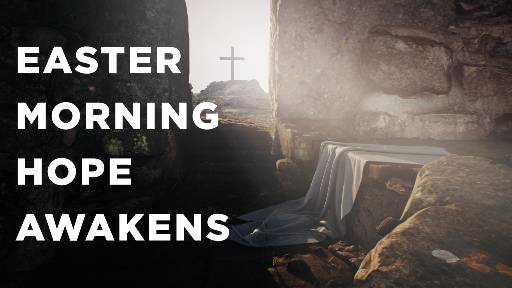-
Bad Girl Gone Good
Contributed by Jb Hall on Nov 28, 2017 (message contributor)
Summary: This sermon is about the Rahab, a 'bad girl gone good'. It explains what it takes to find release from your life of wickedness and escape the judgment of God.
Bad Girl Gone Good
Joshua, Chapter 2
By: Pastor J. B. Hall
Introduction: We’ve all heard accounts of a good girl gone bad. Well, today I’d like to preach a message about a Bad Girl Gone Good. Today I’d like to preach a message on Rahab.
1. Verse 1 – Rahab was a harlot.
A. Rahab was no church-going choir girl.
B. She was a harlot, a woman of the night.
C. While some people sell illegal substances and unethical items, Rahab made her living selling the most precious thing any person has been given – herself.
D. Rahab then, would not have been your prime candidate if you were looking for someone to do a work for the Lord.
E. However, she provides a perfect example of someone who would have been voted ‘most un-likely’, but who stepped up to faith when God began to move; and as a result, would eventually be inducted into the hall of faith of spiritual heroes listed in Hebrews, Chapter 11.
F. Rahab was a harlot; but she would be a Bad Girl Gone Good.
2. Verses 9 & 10 – Rahab recognized God’s hand in human affairs.
A. Her spiritual perception was tuned to the fact that God was at work in human affairs; and that the judgment of God that had fallen on others who had resisted His will was even now at her door.
B. She recognized the fact that those who God had appointed as His representatives were to be taken seriously.
C. In the blindness of their unbelief, the king of Jericho and his servants sought the spies to destroy them as if this would prevent the judgment of God from reaching them.
D. Destroying the representative of God will not provide protection from the judgment of God.
E. Rahab realized that there was no staying the hand of God when once it was moved to impose judgment.
F. Her only recourse was to seek God’s mercy and protection in judgment; not to turn it back.
G. She arrived at this conclusion by recognizing by faith that the things that had befallen the Egyptians in the Red Sea, and the kings of the Amorites, Sihon and Og, were from God.
H. She realized that the phenomenon of the crossing of the Red Sea and the destruction of the Egyptian army in it, were both results of the will and action of God.
I. She realized that Israel’s victory over the kings of the Amorites was the result of God’s intervention and working on their behalf.
J. She didn’t dismiss the miracle of the Red Sea as just some freakish act of nature that resulted in unlucky consequences for the Egyptian army.
K. She didn’t dismiss the overwhelming victory of the Israelites over the Amorites as just great military strategy, or cowardice on the part of the Amorites.
L. Rahab’s faith sharpened her spiritual discernment so that she was able to perceive the hand of God in human affairs.
3. Verse 11 – Rahab recognized Israel’s God as being Lord.
A. Notice in the last part of this verse she calls Israel’s God ‘Lord’.
B. She also acknowledges the fact that God is not just God of Heaven – a distant God who has no interest or ability to act in human affairs.
C. Instead, she says that the Lord is not only God in heaven above; but that He also is God in earth beneath.
D. This was Rahab’s confession of faith.
E. She recognized and acknowledged God for Who He really is – God, the Creator of the universe; but also God, the One Who is intimately involved with His creation, and in the lives of individuals and nations.
F. This faith, this not turning a blind eye or an indifferent shoulder to the intervention of God in the routines of her daily life, is what saved her and her family from certain and sudden destruction.
G. There comes a time in each of our lives that we are confronted with the awful truth – we are sinners exceedingly against God.
H. God sends someone or some event to remind us of the truth we know but have refused to face.
I. It is at that moment that we are faced with a decision: Do we continue in our sin as if this confrontation has not taken place; or, do we, like Rahab, make the choice to turn to the very God we have sinned against for His forgiveness and protection?
J. The choice to turn to God from your sin is described in Hebrews 6:1 as “…repentance from dead works, and of faith toward God.”
K. Dead works are works, or activity that has no lasting value.
L. We are each allotted an amount of time that we can utilize any way we choose.

 Sermon Central
Sermon Central



